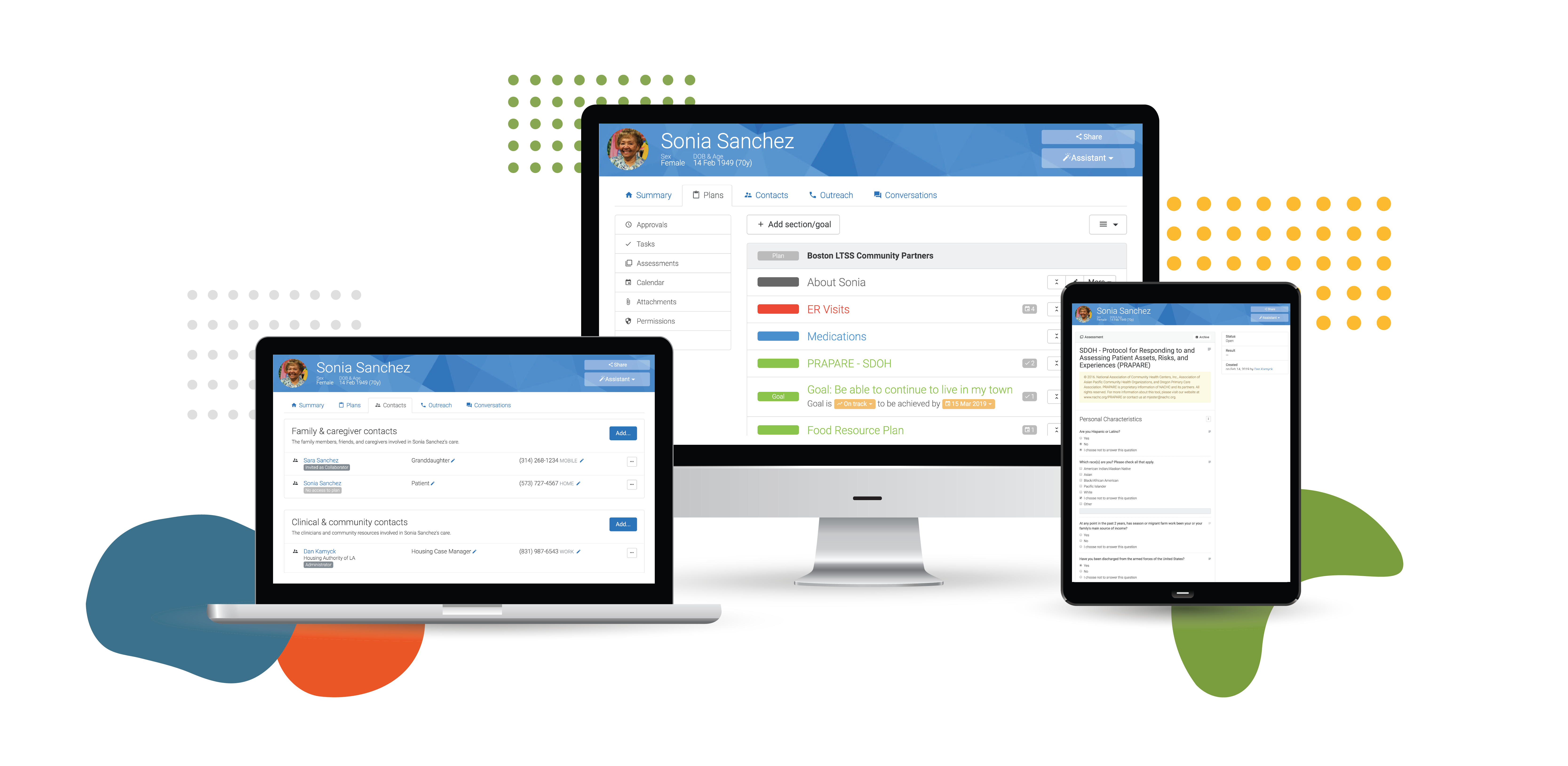There are numerous benefits of primary care involvement in the ongoing care of patients with cancer and cancer survivors. According to a recent article in the Journal of the American Medical Association (JAMA), Cancer survivors who receive care from both a primary care provider (PCP) and an oncologist are more likely to receive recommended screening and preventive care. In addition, implementing a care coordination platform like Activate Care can help to lower costs of care and decrease utilization.
Some of the barriers to collaboration in cancer care include specialist-driven models of care, uncertainty among oncologists and PCPs of PCPs’ knowledge or appropriate contributions, and conflicting ideas regarding expectations and roles. Many patients lose touch with their PCP during cancer treatment, with oncologists often taking the place of primary physicians during the course of cancer treatment. Activate Care is featured in an article written by the Journal of the American Medical Association as a solution to some of these barriers facing collaborative care management.
“Based on our own clinical and administrative experiences as well as contemporary trends, we propose several key principles for optimizing oncologist-PCP collaboration. Establishing communication is a first crucial step that can be achieved in a variety of ways. In many systems, the first communication comes as a note copied from the oncologist to the PCP in the electronic medical record (EMR). We have found more personal forms of communication, such as email, more effective in establishing an alliance and determining how communication should proceed.
While it is infeasible for an oncologist to sustain personal communication with all patients’ PCPs, this may be an optimal role for a nonphysician member of the oncology team, particularly within payment arrangements such as the Oncology Care Model that reward coordination of care and avoidance of unnecessary health care use. Some electronic platforms, such as Activate Care, offer collaboration tools that can facilitate intrateam communication; however, these resources are rare and not available for all EMRs”
In a study of PCP and oncologist collaboration, PCPs reported challenges with understanding their role during active cancer treatment. They also reported diverse barriers to communication, including lack of access to patients’ information and active treatment plans, infrequent updates, and lack of standardization of communication methods. The components of ideal collaboration between PCPs and oncologists to enhance chronic disease care include clearly defined communication and outlined responsibilities.
Activate CareHub™ care coordination platform is a one-stop solution needed for care teams to address the physical and social needs of a patient by enabling real-time coordination between health and social services for at-risk populations.
Learn more here:





